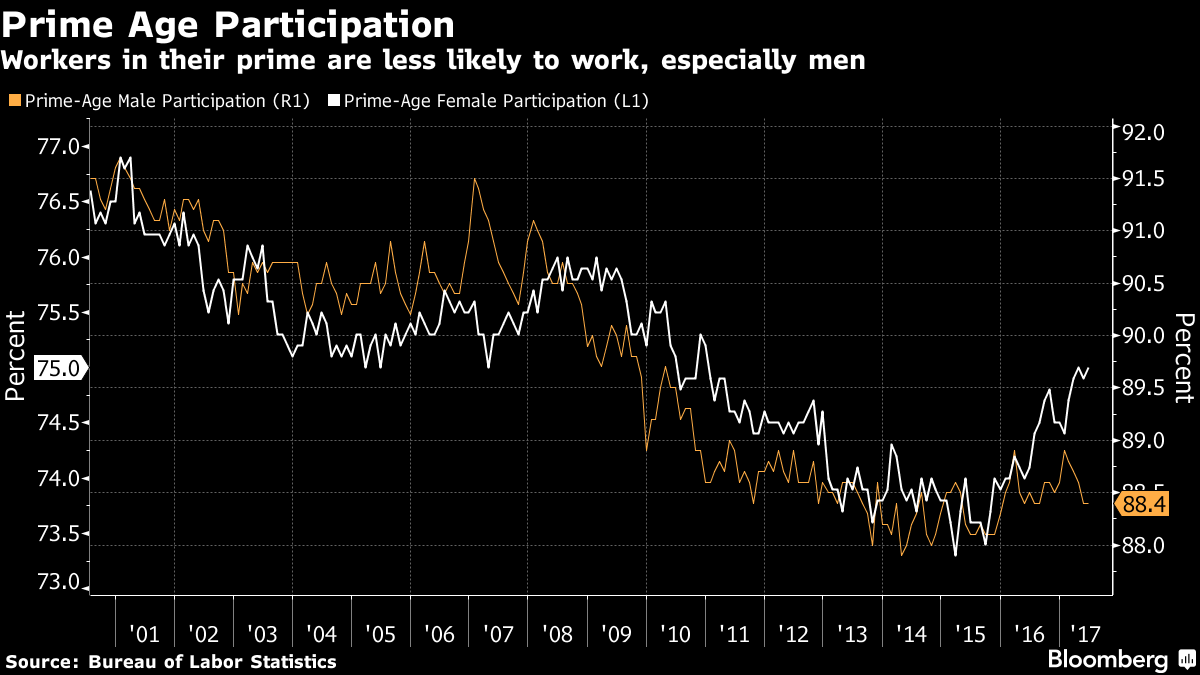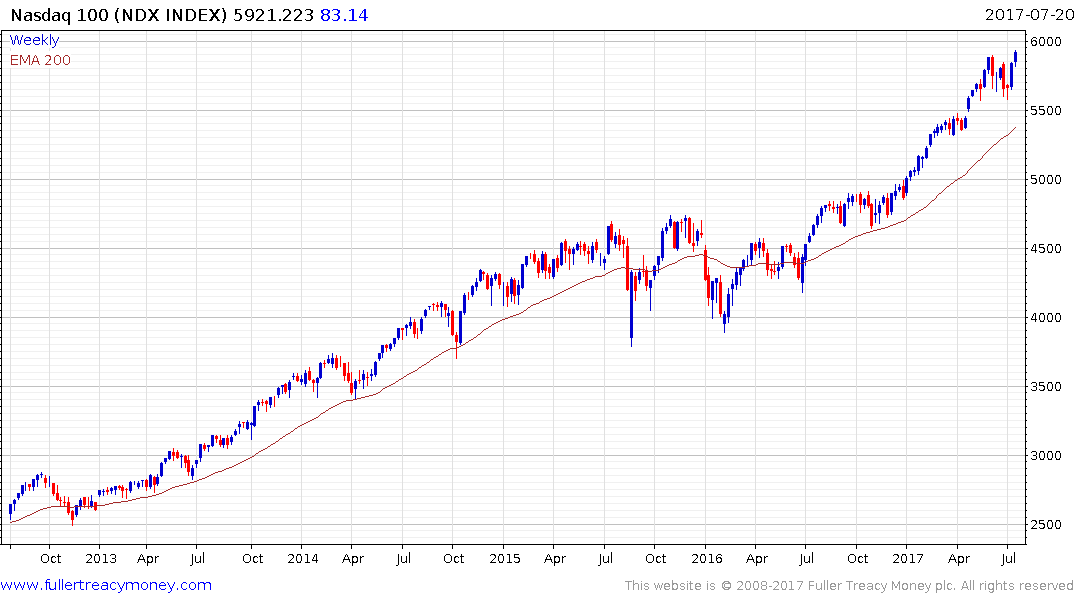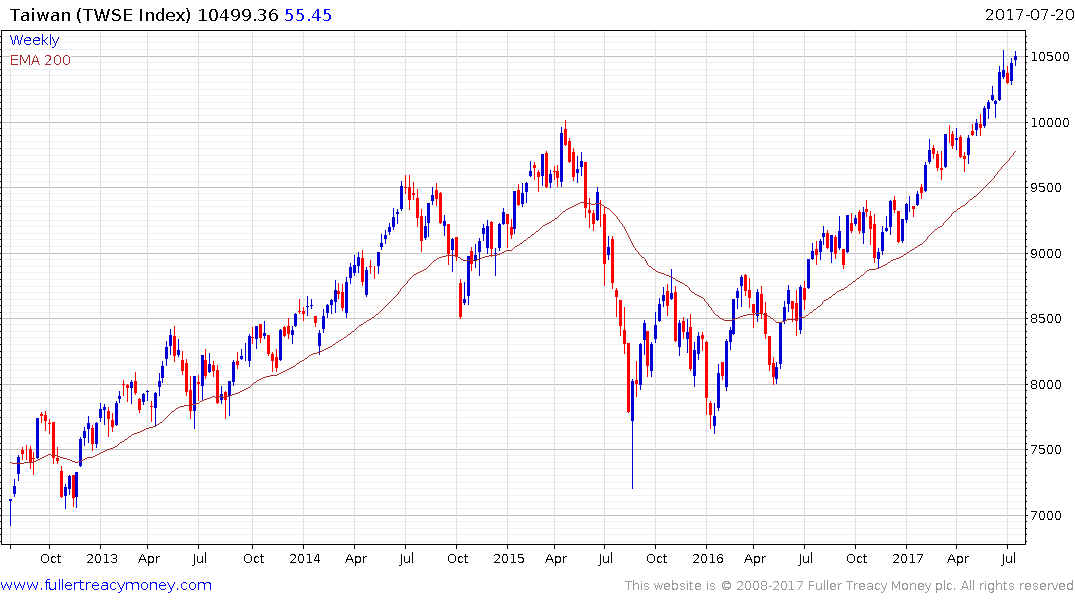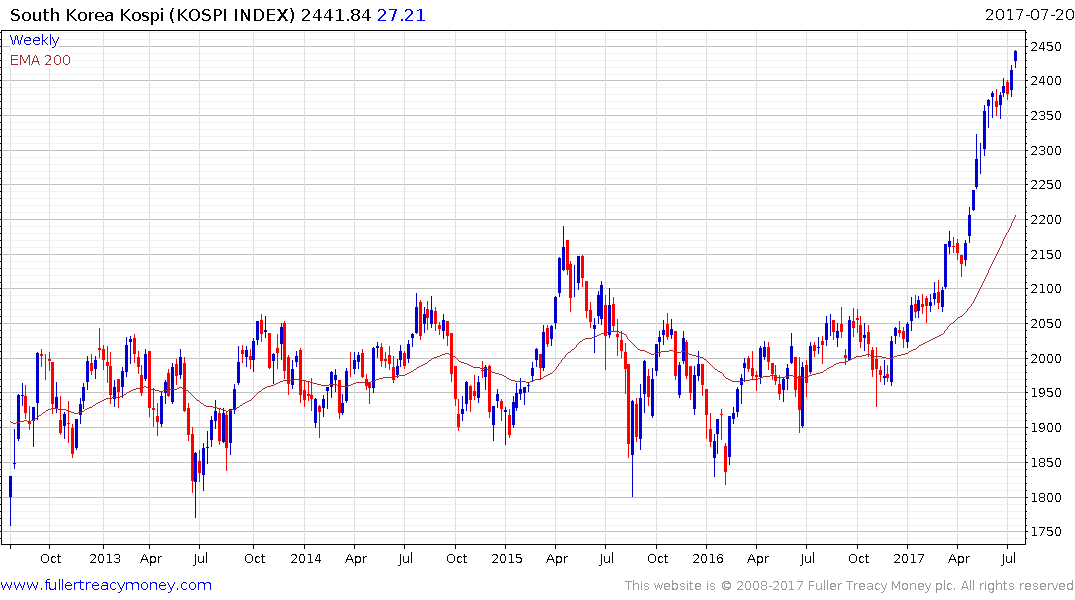Here's Why Yellen's Fed Cares About America's Opioid Epidemic
This article by Jeanna Smialek for Bloomberg may be of interest to subscribers. Here is a section:
An estimated 2.7 million adults over the age of 26 were misusing painkillers as of 2015, while another 236,000 currently used heroin, based on test Substance Abuse and Mental Health Administration data. While opioid abusers account for a tiny sliver in a workforce of 160 million, they probably make up a great share of the 7 million who are unemployed.
“Our district is the epicenter of this crisis,” said Kyle Fee, regional community development advisor at the Cleveland Fed, which hosted a policy conference in June that included a panel specifically dedicated to opioids. “It was a good way for us to dip our toe into this topic,” he said.
Most economic research on the effects of the opioid crisis comes from academia, rather than Fed researchers, and it shows a two-way relationship between the drugs and the U.S. economy.
Labor OpportunitiesPoor labor market opportunities for America’s working and middle class seem to have helped fuel opioid addiction. In turn, pill and heroin use can worsen employment chances for addicts, and can lead to criminal records that dim applicants’ prospects for years to come.
“I do think it is related to declining labor force participation among prime-age workers,” Yellen told Senators last week, when asked about the crisis. “I don’t know if it’s causal or if it’s a symptom of long-running economic maladies that have affected these communities and particularly affected workers who have seen their job opportunities decline.”
This chart showing the diverging paths of male and female prime-age labour force participation should give just about everyone pause. It raises a much bigger question. What are people who are not academically predisposed supposed to do as the jobs they previously depended on are automated away?

There is ample competition and opportunities for both men and women who are academically capable and/or who have entrepreneurial drive. However, for people who finish high school with little to show for 12 years of education the range of opportunities is growing increasingly small. So far, the response of government has been to largely ignore the issue but that approach is looking increasingly untenable as the numbers of disaffected non-workers increases. It’s also a contributing factor in the rise of populism which has been such a feature of the political landscape over the last 18 months.
I have a brother with autistic spectrum disorder. He struggled in a classroom setting but wanted to get the equivalent of a high school diploma. When he went back as a mature student he got far better than average grades. The tailored approach to education worked for him and he is now a productive part of society with a steady job. That is why I have such faith in the power of alternative avenues for learning, especially for people who did not thrive in a classroom environment.
Nevertheless, commitment to a course of study using online programs is hard. I see that with my children who are doing the maths program on Khan Academy over the summer. They start off reasonably full of enthusiasm in anticipation of the reward they will get when they complete the grade. By the time they get to about 40% complete they hit a hump and need some encouragement to keep going. At 70% complete they can clearly see the objective and accelerate their efforts to complete the task. We’ve been doing it for the last couple of years and it has been the same on both summers. I believe most people experience the same set of emotions when embarking on any course of online study.
Technology companies have taken very different approaches to the question of how to redeploy displaced workers or indeed to enhance the productivity of existing workers. For example, 2U is developing software allowing universities to put their courses online. Alphabet this week reintroduced its glasses for the workplace while Microsoft continues to push its HoloLens product to companies. Elon Musk has quite publicly said he is investigating machine brain interfaces and in the same breadth has advocated for Universal Basic Income.



How society and the labour force deals with automation is one of the most pressing questions of our generation. However, the obvious beneficiaries are the technology companies which increasingly dominate indices like the Nasdaq and are also contributing the recent outperformance of country indices like South Korea and Taiwan.
This article from City Journal, kindly forwarded by a subscriber covers many similar issues.


